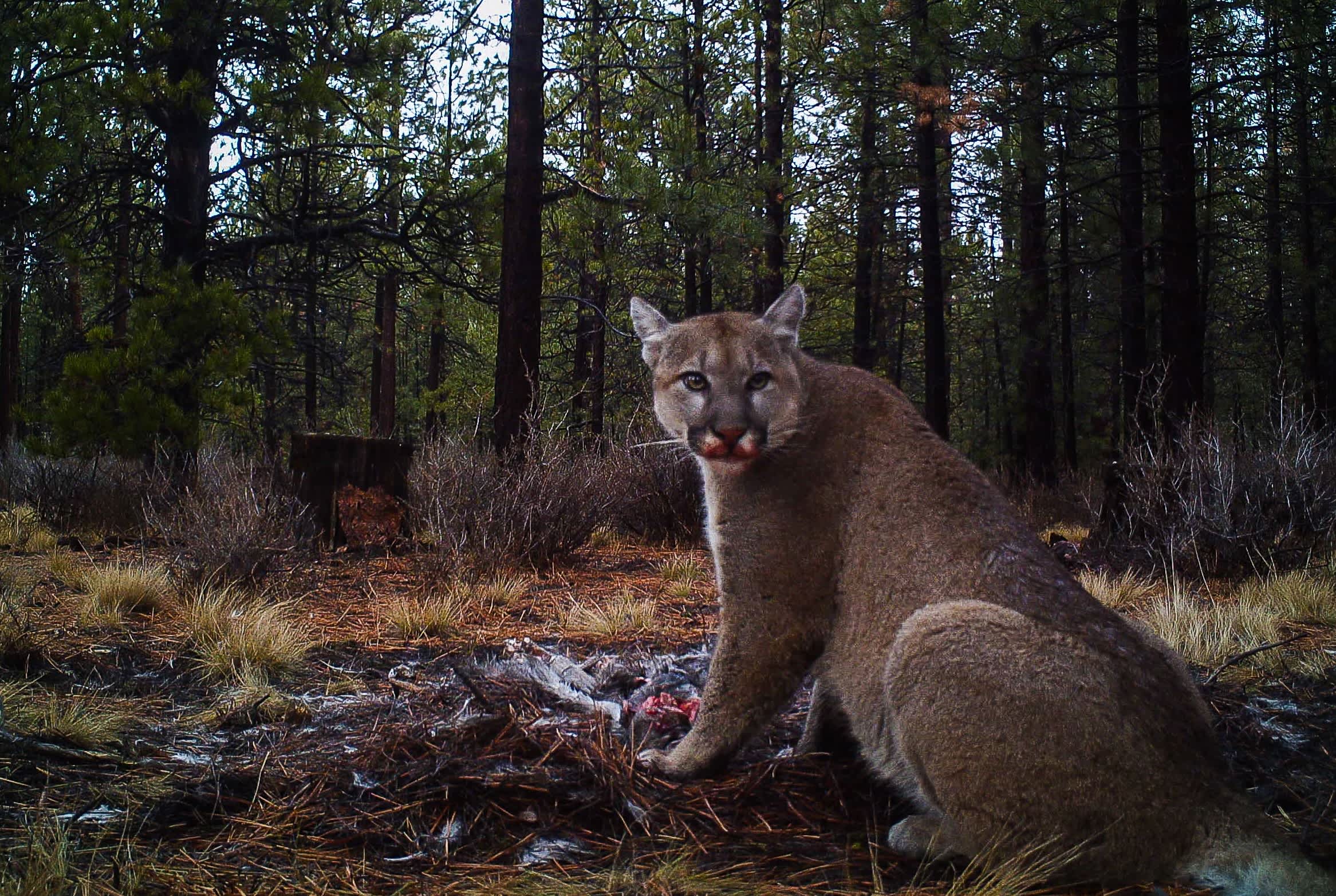Mountain Lions May Return to the Midwest Sooner Than You Think
OutdoorHub Reporters 11.12.15

A startling new study by researchers at the University of Minnesota and Southern Illinois University Carbondale predicts that mountain lions, long an icon of the West, will be recolonizing Midwestern states within the next 25 years.
Increased sightings of the big cats in states such as Illinois, Michigan, Missouri, and Kansas show that at least some have already moved in.
“We didn’t just look at where they are now, but where they could go,” study author Michelle LaRue, a University of Minnesota research associate in the College of Science and Engineering Department of Earth Sciences, stated in a press release. “These are predictive models, but we feel that our study could be an important tool for conservation of this species and education about a large carnivore that can sometimes incite fear.”
Four breeding populations already exist in North Dakota and Nebraska, and the cats are present in South Dakota as well. Over the next quarter century, the mountain lions are expected to push slowly east across the American heartland and reclaim a range where they have been absent for over 100 years. Cougars were historically one of the most widespread land animals in North America, but the appearance of European settlers reduced their range to only a fraction of its former size.
“The reason cougars used to exist across the country and now they don’t is because of people,” said study co-author Clayton K. Nielsen from Southern Illinois University Carbondale’s Cooperative Wildlife Research Laboratory and Department of Forestry. “Now that this large carnivore is expected to come back into new areas, we need have a clear plan for education and conservation.”
In the study, which was published in the journal Ecological Modelling, researchers identified at least eight patches of habitat that are suitable for mountain lion colonization. They predict that in 25 years, seven of the eight habitat sites will have been fully reclaimed by the cats.
Not everyone is happy about their return. Cougars are large and powerful predators, which means they can be dangerous. That could make life a little more hazardous for outdoorsmen and women. Livestock owners are also worried what they could mean for business.
Groups such as the Cougar Network, an advocacy group for mountain lions, are planning to do a poll on attitudes regarding the species in coming years. LaRue, who is also the executive director of the group, says that there must be human acceptance of the species if the mountain lions are to move in peacefully.
“We now have the information necessary for government agencies to plan for ecosystem-based management and societal attitudes toward the recolonization of this predator,” LaRue said. “Given that cougars are expected to inhabit areas where they haven’t been for more than 100 years, this will pose considerable challenges for wildlife managers and the general public in the future.”

